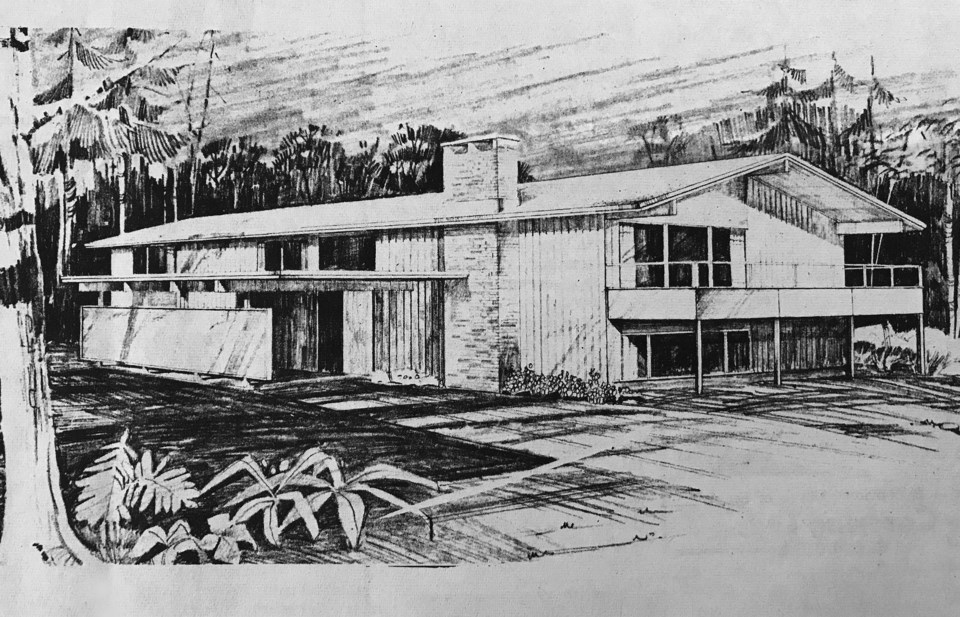The 1965 pages of the Delta Optimist reported fierce resistance by homeowners to the idea of condos, duplexes and basement suites encroaching upon their detached single-family housing neighbourhoods.
An article from June 30th that year covered a municipal council meeting that had taken place two days before where a delegation of South Delta residents asked for the city to refuse all permits for such alternative forms of housing.
The South Delta Taxpayers’ Society complained how the current zoning bylaw was inadequate, and had the city properly dealt with it a year earlier “present instances of hardship of one-family residences having duplexes next to them could not have happened.”
The society stated “single-family residents should be given protection from encroachment from rental apartment facilities and duplexes” and that Delta should steer clear of over intensifying “population density in areas specifically chosen by the buyer for space and quiet.”
The society also stated “rental housing, unless meticulously maintained by a conscientious landlord, reflects badly on surrounding property values.”
The single-detached house was the predominant housing form during Delta's growth boom in the 1960s and 1970s.
Fast forward to Delta’s latest Housing Needs Assessment, which notes the amount of primary, purpose-built rental in the city only currently accounts for approximately five per cent of the city’s housing stock, while increases in household income are not keeping pace with the increases in rents.
The assessment also notes that nearly 80 per cent of Delta's housing stock is still owned, with about 75 per cent of rental stock being provided as secondary rentals, such as suites in detached homes or rented condos.
Delta’s Housing Action Plan, approved in late 2021, outlines several strategies to help increase the variety and affordability of the city’s housing stock including incentives for more rentals.



